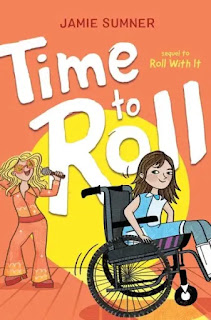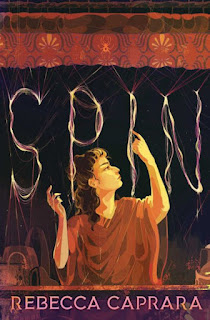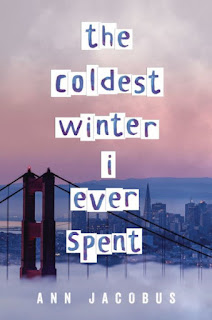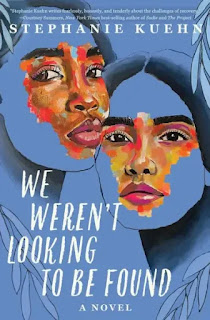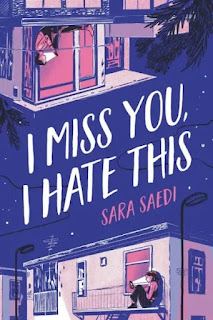In the final days of World War II, two girls try to do what they can for their families and countries, and learn along the way that the right thing to do is often not as simple as grownups make it sound.
Nellie lives in Bly, Oregon. Her father has been away for years now, defending the Aleutian Islands against Japanese advances. Her next-door neighbors have just lost their elder son in combat in Europe and the younger brother, Nellie's best friend Joey, struggles with anger and grief. Nellie knows that she can't really understand what Joey is going through but she wants to help him however she can. Meanwhile, as a keen observer of his town, she sees the varying ways that the war has impacting the others around her as well. It all seems to come down to luck! The war itself seems far away from her as all she sees first hand is rationing and blackout curtains.
In a village in southern Japan, Tamiko and her aunt sit worrying about Tamiko's brother who has trained as a kamikaze and prepared to make the ultimate sacrifice for the Empire. Tamiko is proud of her brother but wishes he were home safe. She understands the war in inevitable and everyone must give their best if Japan is to emerge victorious.
So, Tamiko is excited to serve when her class is summoned to a factory to help assemble huge paper balloons. They work long and arduous hours for weeks putting together these balloons with big sheets of washi paper. At first she knows only that balloons are part of the war effort. It's only when their work is completed that she learns that they will be used to drop bombs on the Americans. She's OK with that as the Americans are the ones who are trying to hurt them, so anything that will bring victory quicker is to be celebrated.
But in the weeks that follow, things change dramatically for both girls. The Americans start a ferocious bombing campaign of the Japanese mainland and Tamiko experiences war first-hand as her villages is destroyed. And in Oregon, Nellie one night catches sight of what she thinks at first are shooting stars in the sky. But instead, they turn out to be mysterious floating balloons.
A haunting story based on the true history of Japanese Fu-Go campaign which brought hundreds of floating explosives over North America in the dying days of the World War II. For the most part, these attacks proved ineffective, but they did cause the only domestic casualties of the War in Bly, Oregon when one of the bombs killed a pregnant women and five children on a church picnic party. Knowing nothing of the topic, I was fascinated and horrified at the way Vernick chooses to tie her two protagonists -- who never meet face to face -- together.
With a sometimes overly enthusiastic attention to historical detail, Vernick builds sympathetic portrayals of her characters who are typical young teens in so many ways but also products of their country's propaganda. You clearly sense that they could be friends, but in a time of war such sympathy is impossible. The novel becomes an unapologetic look at what causes hatred and fear for the alien other and what is necessary to pull back and learn to forgive. Written for a middle school audience, the lessons are straightforward and unambiguous but there is wide room for discussion and debate for thoughtful adults as well.
This is children's literature at its finest. It takes an interesting idea and spins it into an opportunity to explore the world and how it works. It could be accused of trying a bit too hard at times (for example, a late inclusion of a nasty racist incident distracts from the general focus of the story), but there's so much here for readers to explore and think about. It achieves its goals without sacrificing the story, which remains entertaining throughout. Highly recommended.

